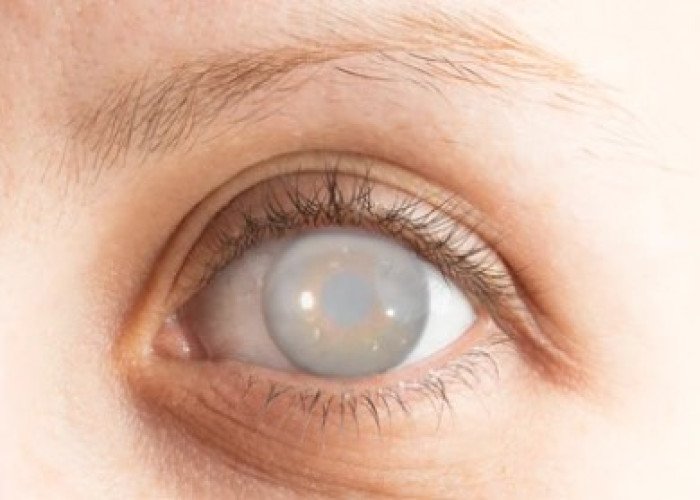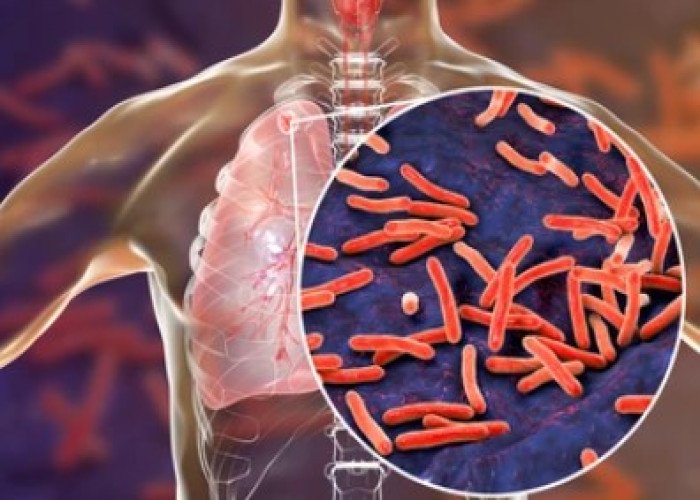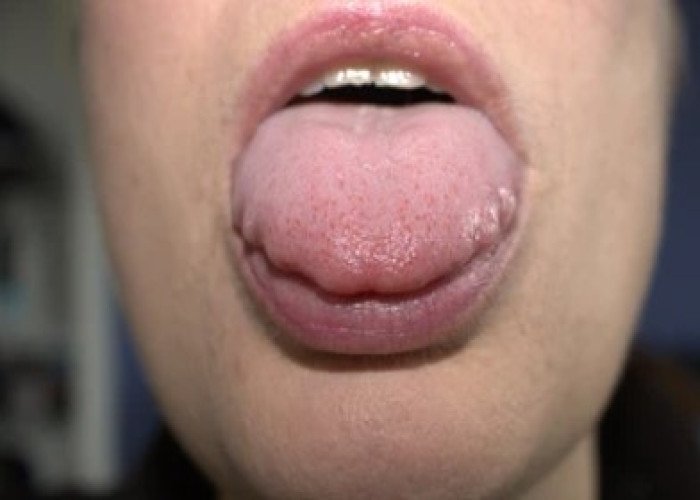 Welcome
Welcome
“May all be happy, may all be healed, may all be at peace and may no one ever suffer."
Children do not cry - Homeopathic remedies
It is important for newborns to cry after birth as it helps to clear the airways and establish their breathing. However, not all babies cry immediately after birth, and this is not necessarily a cause for concern.
If a baby does not cry right away after birth, the healthcare provider may stimulate them by rubbing their back or gently tapping their feet to encourage them to take their first breath. If the baby still does not cry, the healthcare provider may provide additional medical intervention such as suctioning the mouth and nose or providing oxygen.
In rare cases, the lack of crying may indicate a medical issue such as a birth defect, infection, or breathing problems. Therefore, it is important for healthcare providers to closely monitor newborns and address any issues promptly.
If you are concerned about your newborn's health, it is important to speak with a healthcare provider for a proper evaluation and management.

Cataracts in eyes

Too much sleep

Stammer

Cold sensitive

Tuberculosis

Light panic

Swollen tongue

Diarrhea
Children do not cry, শিশু ভূমিষ্ট হয়ে না কাঁদা
To be happy, beautiful, healthy, wealthy, hale and long-lived stay with DM3S.


